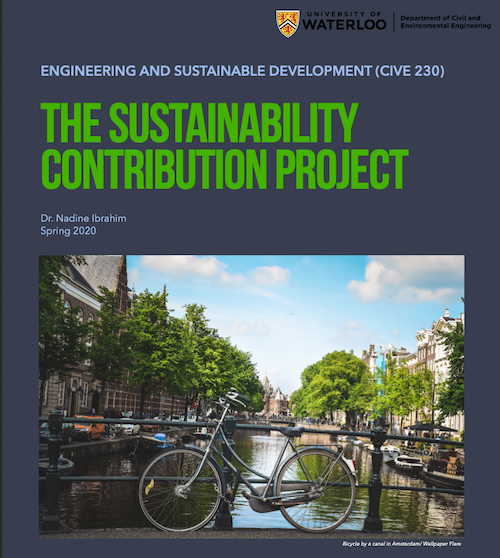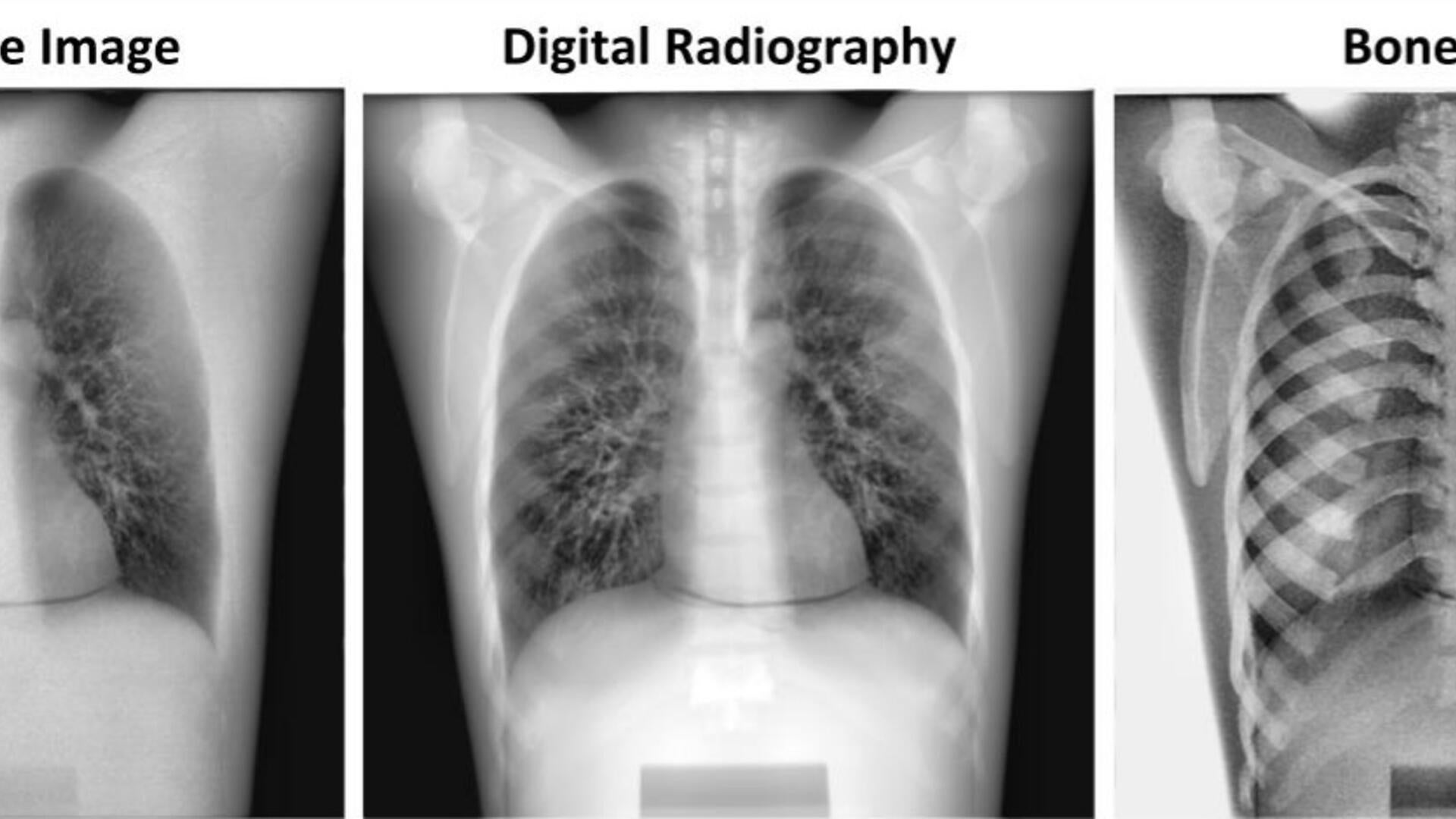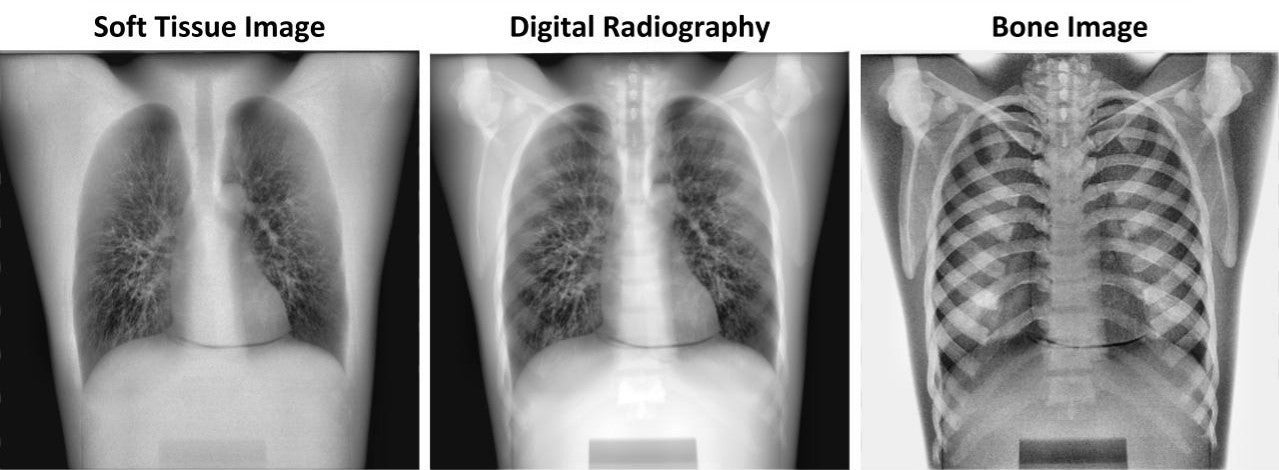Editor:
Brandon Sweet
University Communications
bulletin@uwaterloo.ca
Update on new student course perceptions survey
By Dr. Sonya Buffone, WSCP Project Manager and Research Specialist.
We are pleased to announce that Senate has endorsed the Deans’ decision to begin implementing the new Waterloo Student Course Perceptions (WSCP) survey to replace the existing “course evaluation” surveys in winter 2021.
Student input is an essential component of any university’s continuous improvement efforts, both in terms of providing formative feedback to instructors and in terms of providing summative feedback that contributes to decisions related to performance reviews, tenure, and promotion. The new SCP survey was designed to improve upon an assortment of Faculty-specific course evaluation tools that have been in use at Waterloo for decades.
The WSCP team recognizes that the SCP process puts instructors in a vulnerable position, particularly if the data collection tool is not carefully designed and monitored, and if interpretations of the resulting data are not informed by mindful consideration of variables that can be problematic. The new WSCP and related user guides are being designed with an eye to monitoring both instrument design and the way results are interpreted. This update aims to share with the campus community our progress to date and our plans for continued monitoring and development of the new survey.
About the survey tool
To date, our team has focused on developing a survey tool that is as clear and useful as possible, and seeks to limit bias. The new WSCP survey is:
- Designed to measure students’ perceptions of their learning experience, not “instructional performance”
Students are uniquely positioned to provide feedback about specific aspects of their learning experience (e.g., whether the intended learning outcomes were assessed by the assigned coursework, or whether they believe the instructor created a supportive environment). View the core WSCP survey questions.
- Grounded in evidence-based scholarship and tailored to the Waterloo context
The core survey questions were developed with input from (i) a comprehensive literature review, (ii) evidence-based principles of effective teaching detailed in a 2018 issue paper on Undergraduate Learning at Waterloo, (iii) focus groups with students from all six Faculties, and (iv) the largest pilot test of its kind, to date, including 41,737 SCP survey responses from 2,196 courses across all six Faculties and two affiliated institutions. We also consulted with SCP administrators at other Canadian universities.
- Designed to collect perceptions on the same items from each Faculty
Use of core survey items will enable us to understand what is going on across the board at Waterloo. Subsequent phases of this project will enable individual Faculties, departments, and instructors to add additional questions, in consultations that began in July 2020.
- Designed to avoid problematic wording that does not generate useful data
Use of vague or double-barreled questions, for example, are confusing and raise questions about data quality. Questions on some surveys currently in use at Waterloo and elsewhere are phrased in ways known to produce different scores depending an instructor’s gender.
- Suitable for a variety of course formats and teaching methods
Questions are applicable for face-to-face, blended, and online courses, and do not presuppose, for instance, that every class is a lecture class.
- Intended to be balanced by complementary teaching assessments
Guidelines for the use of teaching dossiers and peer review are still in development by a committee that includes faculty members and staff members with relevant expertise.
Community-building and peer-to-peer learning
Here’s another story in a series from the Centre for Teaching Excellence to facilitate cross-institutional sharing of strategies for remote teaching.
Building an engaging online community and creating opportunities for peer-to-peer learning can enrich the learning experiences that students have in a remote teaching context. Nadine Ibrahim – Turkstra Chair in Urban Engineering, and a Lecturer in the Department of Civil and Environmental Engineering – was one of the early participants in CTE’s Remote Course Design Essentials (ReCoDE) workshop. That workshop supports instructors who are redesigning a course for the remote teaching and learning environment. In tandem with ReCoDE, Nadine also made effective use of the Remote Teaching Templates available in LEARN. The course she redeveloped was CIVE 230: Engineering and Sustainable Development.
With the unexpected shift to remote teaching, it’s necessary to re-think instructional design, assessment strategies, community-building, and all other aspects of a course. Nadine implemented a diversity of low-stakes learning activities to leverage each student’s individual strengths, so that everyone had opportunity to excel in the remote setting.
These learning activities included quizzes, oral and visual submissions, and collaborating on a sustainability contribution project. Regarding the latter project, each student was asked to develop and share a single slide in which they applied course topics to real-life, global situations. Nadine explained that the project “encouraged students to explore sustainable cities, infrastructure, solutions, and technologies globally to generate an enriched learning experience” and that it was a “valuable opportunity for peer-to-peer learning – together, they co-created content.” The final product was compiled into a 140-page eBook for the benefit of the Waterloo community.
Following on guidance from ReCoDE, Nadine also created weekly checklists that introduced the week’s topic, learning outcomes, and provided additional resources. Course materials were released according to a consistent schedule so students always knew what was coming up. Asynchronous learning materials were typically released on Monday, a synchronous live lecture (including a Q and A session) took place on Tuesday, and the recording of the online session was posted on Wednesday. Office hours for the instructor were always on Wednesday, and TA office hours on Thursday. Having a routine for the week helped students manage their time and expectations.
To encourage student engagement and motivation, Nadine used the Awards functionality in LEARN to provide encouraging incentives or – as she puts it – “pats on the back.” Examples of these awards include Young Seedling, Emerging Sprout, Soaring Sapling, and Tree Hugger. Students were also invited to join an optional weekly social hour for community-building, and were encouraged to discuss topics outside of the course, such as workspace, study habits, hobbies, and so on.
Nadine notes that the necessity of pivoting to remote teaching – though challenging – wasn’t without benefits. She says:
“Some of the strategies introduced for CIVE230 were new to the course prompted by this online environment. There was real opportunity to rethink how the course is taught and the types of assessments. I will most certainly keep many aspects of this, particularly because it was a huge upfront investment of time to create these learning experiences and will be easier to implement the second time around when it is run a year from now. This experience made me realize that online is not better or worse than in-person, but just different. In-person learning has its shortcomings as well. We can always strive to make the best of both worlds.”
Nadine will be featuring her CIVE230 course in an upcoming webinar on course development that she’ll be offering through one of the Special Interest Groups on Sustainable Engineering, Leadership and Management for the Canadian Engineering Education Association. Her webinar is scheduled for November 19, 2020 at 1:00 pm EST, and will subsequently appear at this URL when posted.
Waterloo spinoff advances medical imaging

By Brian Caldwell. This article originally appeared on Waterloo Stories.
Digital X-ray technology developed by a University of Waterloo spinoff company has won approval from Health Canada.
A medical device licence issued for Reveal 35C, a dual-energy X-ray detector created by KA Imaging, follows clearance from the Food and Drug Administration in the United States earlier this month.
“Getting this Health Canada licence is a major step forward for KA Imaging, especially coupled with the recent FDA clearance,” Amol Karnick (BASc '95), an engineering alumnus who is president and CEO of the company, said in a media release.

Sample images made with X-ray technology developed by Waterloo startup KA Imaging.
KA Imaging was founded in 2015 by Karnick and fellow alumni Sina Ghanbarzadeh (MASc '14) and Karim S. Karim (BASc '99, PhD '03), a professor of electrical and computer engineering at Waterloo.
The company’s flagship product is an inexpensive, portable X-ray detector that can differentiate between bone and soft tissue in a single exposure.
It is now being tested on lung cancer patients at Grand River Hospital in Kitchener and for detection of pneumonia, including cases caused by COVID-19, at a Toronto-based hospital.
Tech could be triage tool for COVID
Its low cost and portability also make it suitable for use in settings outside hospitals and laboratories.
“At long-term care facilities, which care for vulnerable populations that can suffer from mobility limitations or health concerns, taking the detector to the patient can be very beneficial,” said Karim, chief technology officer of the 25-employee Waterloo company.
In addition to numerous other applications, company officials are hopeful the technology can be used as a triage tool to help prevent the spread of COVID.
A superhero's-eye view of campus; other notes

Fall comes to campus, literally: Jason Rochon of Print + Retail Solutions snapped this pic of crisp autumn leaves in the seating area outside the Physics building.
"Marketing and Undergraduate Recruitment has just launched a unique campus tour that will play an important role in outreach to prospective undergraduate students this year, given the many COVID-related barriers to visiting campus firsthand," says a note from MUR.
And when they say launched, they mean it literally: the aerial drone video tour takes its inspiration from Marvel icon Iron Man's head-up display and imagines how the airborne superhero would view the Waterloo campus, complete with a rousing orchestral soundtrack. Prospective students, assemble!
The first Waterloo Virtual Fair will be held this Saturday, October 3, from 8 a.m. to 4 p.m.
"The University of Strathclyde and the University of Waterloo are hosting the First Virtual Research Colloquium," says a note from Waterloo International. "Graduate students, at any stage in their journey, are invited to submit papers/abstracts for the opportunity to receive feedback and a chance to be awarded up to $500. The deadline for submissions is October 15."
There will be a disruption in domestic cold water service in the Optometry building on Wednesday, October 7 from 11:00 a.m. to 4:00 p.m. as part of a water hydrant test.
Beyond the Bulletin Episode 61

The latest episode of the Beyond the Bulletin Podcast is now live. Director of Information Security Services Jason Testart walks us through the University's new 2-factor authentication initiative. The University has opened a COVID-19 testing and assessment centre and has announced plans for the winter 2021 term. And through the lockdowns and quarantines, construction and renovation projects continued across campus. All this and more in this week’s episode.
Upcoming office closure
AccessAbility Services will be closed on Friday, October 2 between 12:00 noon and 4:30 p.m. for staff training.
Link of the day
International Day of Non-Violence
When and Where to get support
Students can visit the Student Success Office online for supports including academic development, international student resources, leadership development, exchange and study abroad, and opportunities to get involved.
Instructors can visit the Keep Learning website to get support on adapting their teaching and learning plans for an online environment. The following workshops are current offerings from the KL team (CTE, CEL, ITMS, LIB):
Getting Ready to Facilitate Online Courses: TA Training, beginning Tuesday, October 13.
Remote Course Design Essentials, beginning August 26.
Independent Remote Course Design Essentials. Self-directed, continuous self-enrollment course in LEARN.
Assessment Design Cafe, Tuesday, October 6, 9:30 am to 11:00 a.m.
Thirty Minute Thursdays – PebblePad, Thursday, October 8, 12:00 p.m. to 12:30 p.m.
NEW - Getting Ready to Facilitate Online Courses: TA Training, Tuesday, October 13 to November 10.
NEW - Thirty Minute Thursdays – PebblePad, Thursday, October 15, 12:00 noon to 12:30 p.m.
NEW - Supporting Student Mental Health (for Instructors): self-directed, continuous self-enrollment course in LEARN.
Employees can access resources to help them work remotely, including managing University records and privacy of personal information.
Interested in learning more about engaging your students in an online course? The Centre for Extended Learning has created a new resource for you called "Fostering Engagement: Facilitating Online Courses in Higher Education"
ThisOpen Educational Resource was designed for post-secondary instructors and teaching assistants who would like to better understand the critical role of facilitation in online course delivery, and build practical skills and strategies that are relevant, effective, and authentic.
Here are some tips for staying healthy while working from home.
The Writing and Communication Centre is rolling out virtual services and programs for fall term:
- Undergrad students -- work with us to brainstorm, draft, revise, and polish assignments by meeting with our writing advisors in virtual appointments. Chat with our friendly and knowledgeable peer tutors in our virtual drop-ins and PJ-friendly writing groups. Or experience an online workshop at your own pace.
- First-year Warriors! Check out Waterloo Ready to Write to build your skills for writing success.
- Graduate Students -- meet with an advisor in a virtual appointments, take an online workshop, join the grad writing community at our Virtual Writing Cafés and #WaterlooWrites groups, develop your academic voice at Speak Like a Scholar, or make progress on your thesis at Dissertation Boot Camp.
- Instructors and faculty -- Request and access WCC workshops for use in your courses, join a virtual writing group, or speak with a writing advisor about a writing project.
We understand that these circumstances can be troubling, and you may need to speak with someone for emotional support. Good2Talk is a post-secondary student helpline based in Ontario, Canada that is available to all students. If you feel overwhelmed or anxious and need to talk to somebody, please contact the University’s Campus Wellness services, either Health Services or Counselling Services. You can also contact the University's Centre for Mental Health Research and Treatment.
The Library has published a resource guide on how to avoid information overload.
The Faculty Association of the University of Waterloo (FAUW) continues to advocate for its members. Check out the FAUW blog for more information.
The University of Waterloo Staff Association (UWSA) continues to advocate for its members. Check out the UWSA blog for more information.
WUSA supports for students:
Food Support Service food hampers are currently available from the Turnkey Desk on weekdays from 9:00 a.m. to 4:00 p.m. in the Student Life Centre. If you have any questions please email us at foodsupport@wusa.ca.
The Bike Centre – Now open by appointment for your bicycle repair and rental needs in the Student Life Centre. For more information or to schedule an appointment, please go to: https://wusa.ca/bikecentre
Centre for Academic Policy Support - CAPS is here to assist Waterloo undergraduates throughout their experience in navigating academic policy in the instances of filing petitions, grievances and appeals. Please contact them at caps@wusa.ca. More information at http://wusa.ca/caps
WUSA Commissioners who can help in a variety of areas that students may be experiencing during this time:
- Equity – equity@wusa.ca
- Co-op and Experiential Affairs – coop.affairs@wusa.ca
WUSA Student Legal Protection Program- Seeking legal counsel can be intimidating, especially if it’s your first time facing a legal issue. The legal assistance helpline provides quick access to legal advice in any area of law, including criminal. Just call 1-833-202-4571.
Empower Me is a confidential mental health and wellness service that connects students with qualified counsellors 24/7. They can be reached at 1-833-628-5589.
When and Where (but mostly when)
Healthy Warriors at Home. Free programming including Online Fitness, Health Webinars, Personalized Nutrition and more from Warriors Athletics and Rec. Open to students, staff, faculty and alumni. Register today.
Renison English Language Institute continues to offer virtual events and workshops to help students practice their English language skills.
Water Institute Research Conference 2020: Can we achieve SDG6 in a post COVID-19 world, September 30 to October 1, 8:00 to 9:30 a.m.
Balsillie School of International Affairs presents “Global Insights: The Future of Work in a Post-COVID-19 World”, featuring Joël Blit, University of Waterloo and speakers from University of Warwick, Ritsumeikan University and American University, Thursday, October 1, 11:00 a.m. to 12:00 p..m.
IT Seminar: Zabbix Overview, Friday, October 2, 9:00 a.m. to 9:45 a.m. Join online.
Concept Graduate Student Startup Fund Applications Open, Monday, October 5
Portage-Global Water Futures Research Data Management webinar series: “Enhancing Collaboration and Reproducibility Using GitHub” Tuesday, Oct 6, 1:00 p.m. Registration details are available here.
Concept IP Series: Case Study, Tuesday October 6, 3:00 p.m., Virtual Event.
NEW - Noon Hour Concert: Gamelan Trio, Wednesday, October 7, 12:30 p.m., online, free.
Portage Research Data Management webinar series: “Data Summaries: Distilling Best Practices,”Wednesday, October 7, 1:00 p.m. Registration details are available here.
Managing Difficult Conversations Workshop, hosted and facilitated by the Conflict Management & Human Rights Office, Wednesday, October 7, 1:00 p.m. to 3:00 p.m.
Concept Intro Session: The Business Model, Wednesday, October 7, 5:00 p.m., Virtual Event.
Taking Responsibility in the Anti-Racist Movement, hosted by the Equity Office and facilitated by Janice Jo Lee, Thursday, October 8, 1:00 p.m. to 4:00 p.m.
NEW - GPW Special Seminar: Prof. Rohini Bala Chandran University of Michigan, "Transport and Chemical Phenomena in Solar Fuel Generators, Thermal Energy Storage and Wastewater Nutrient Recovery," Thursday, October 8, 3:00 p.m.
Grad Student Community and Conversation Circle, Thursday, October 8, 3:30 p.m., Online – Register on GoSignMeUp.
NEW - Say It in Your Own Words: Paraphrase & Summary for Undergraduate Students Live Q&A, Friday, October 9, 9:00 a.m.
NEW - Rock Your Thesis 1: Plan Your Project, Friday, October 9, 1:00 p.m.
NEW - Grammar Studio III: Clarity at the Sentence Level Live Q&A, Tuesday, October 13, 9:00 a.m.
NEW - Dissertation Boot Camp, Tuesday, October 13 to Friday, October 16.
NEW - Anti-Racism Workshop: Understanding Racism & Racial Microaggressions within the University Context, hosted by the Equity Office and facilitated by Dr. Gauthamie Poolokasingham, Wednesday, October 14, 1:00 p.m to 4:00 p.m.